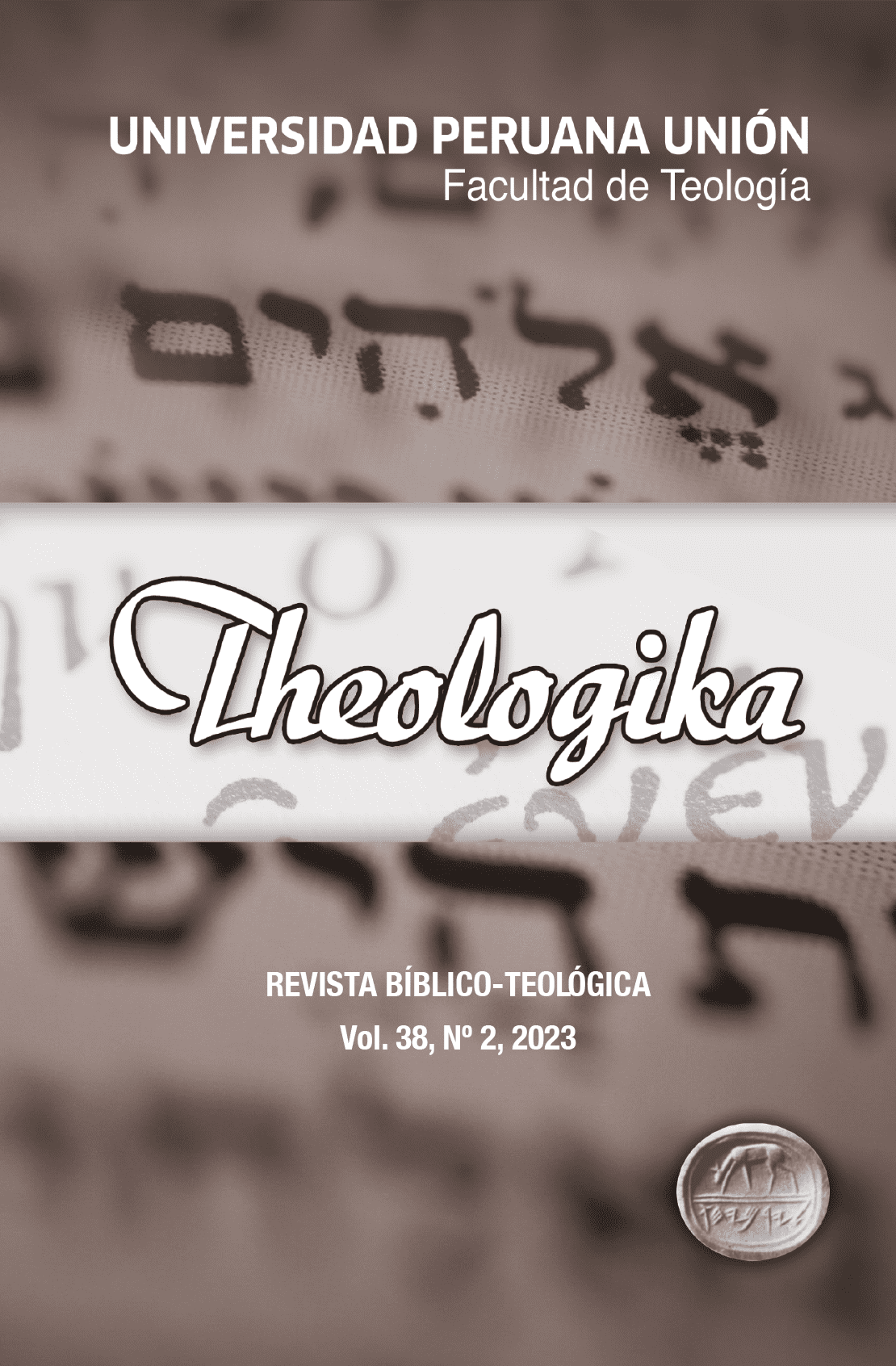Cómo el Pensamiento Cristiano ha sido Condicionado por la Filosofía y cómo Puede Dejar de Serlo
DOI:
https://doi.org/10.17162/rt.v38i2.2114Abstract
Raúl Kerbs, in How Christian Thought Has Been Conditioned by Philosophy and How It Can Stop Being So, analyzes the influence of Greek philosophy on Christian theology, highlighting how the notion of a timeless God has persisted in theological thought from the pre-Socratics to modernity. Through a historical-critical approach, he examines the impact of Plato, Aristotle, Augustine, Thomas Aquinas, the Reformers, and modern thinkers such as Kant and Schleiermacher, showing how theology has subordinated biblical authority to philosophical concepts. The work highlights the difficulty of separating Christian theology from its philosophical heritage and emphasizes the need for an independent biblical interpretation.
Downloads
Published
Issue
Section
License
Copyright (c) 2023 Editor Theologika; Ronald Aquije Herencia

This work is licensed under a Creative Commons Attribution-NonCommercial 4.0 International License.
- The authors retain their copyright but assign to the journal the right of the first publication, with the work registered under the Creative Commons attribution non commercial (CC BY NC) license, which allows third parties to use the published information for non commercial purposes as long as they mention the authorship of the work and that it was first published in this journal.
- Authors may make other independent or additional contractual arrangements for non-exclusive distribution of the version of the article published in this journal (eg, include it in an institutional repository or publish it in a book) as long as it clearly indicates that the work was first published in this journal.
- Authors are encouraged and advised to publish their work on the Internet (for example, on institutional or personal pages) before and during the review and publication process, as it can lead to productive exchanges and a greater and faster dissemination of the published work (see The Effect of Open Access).





